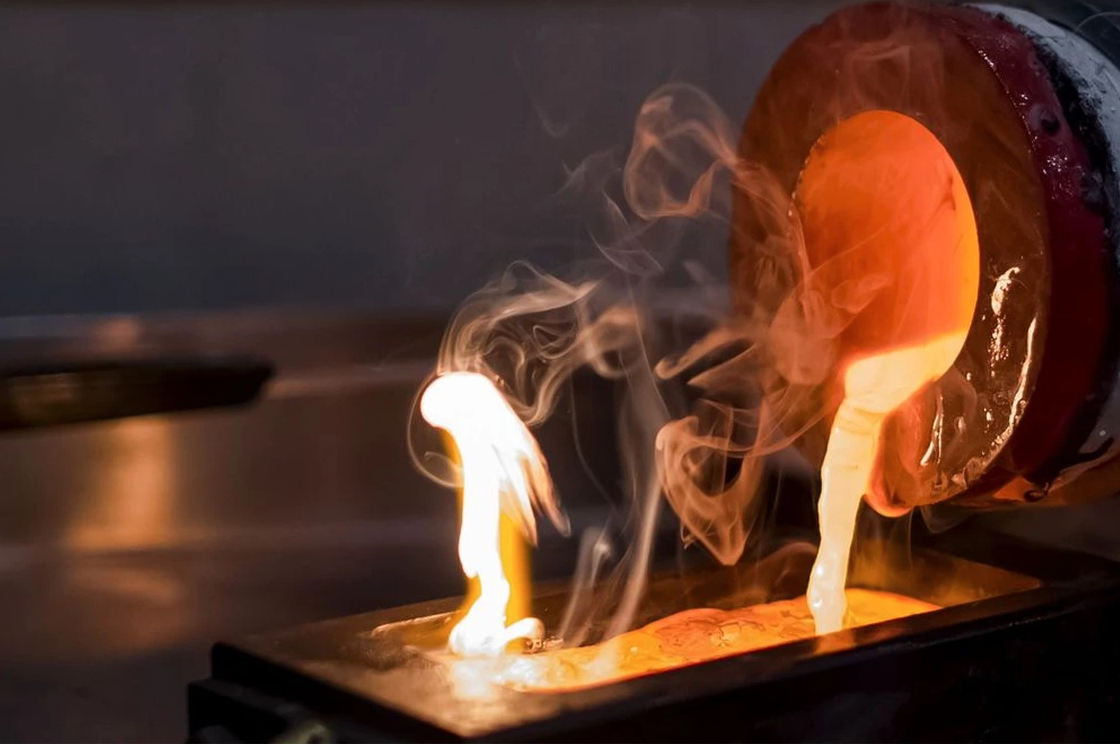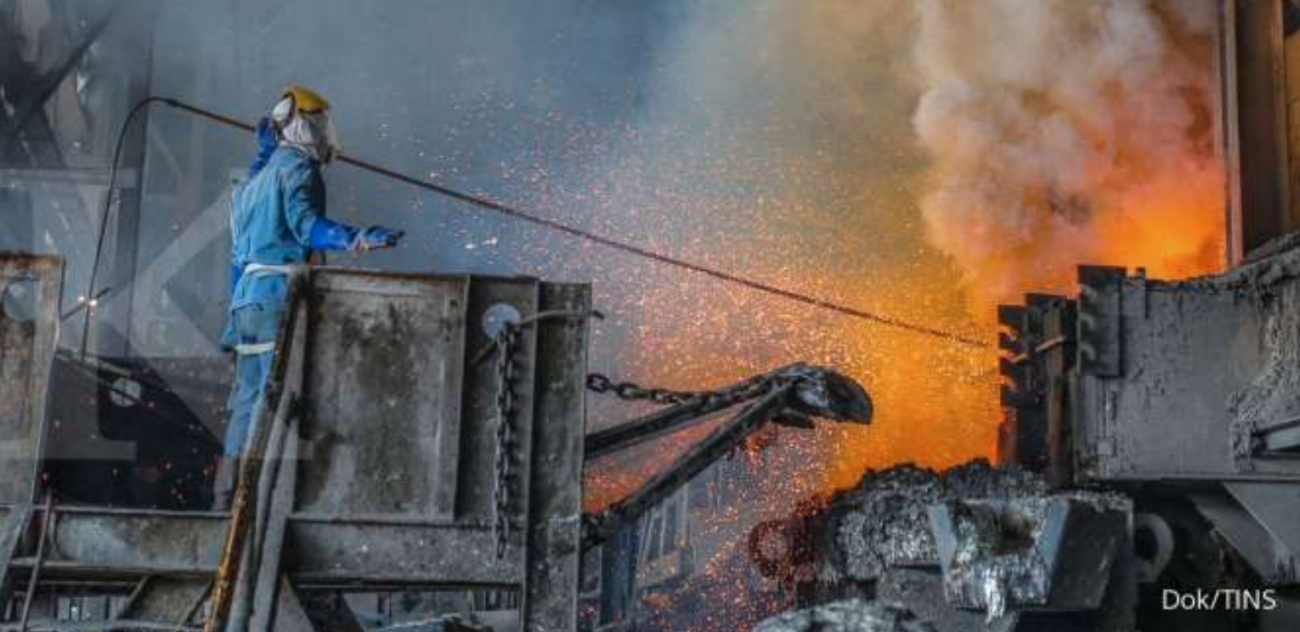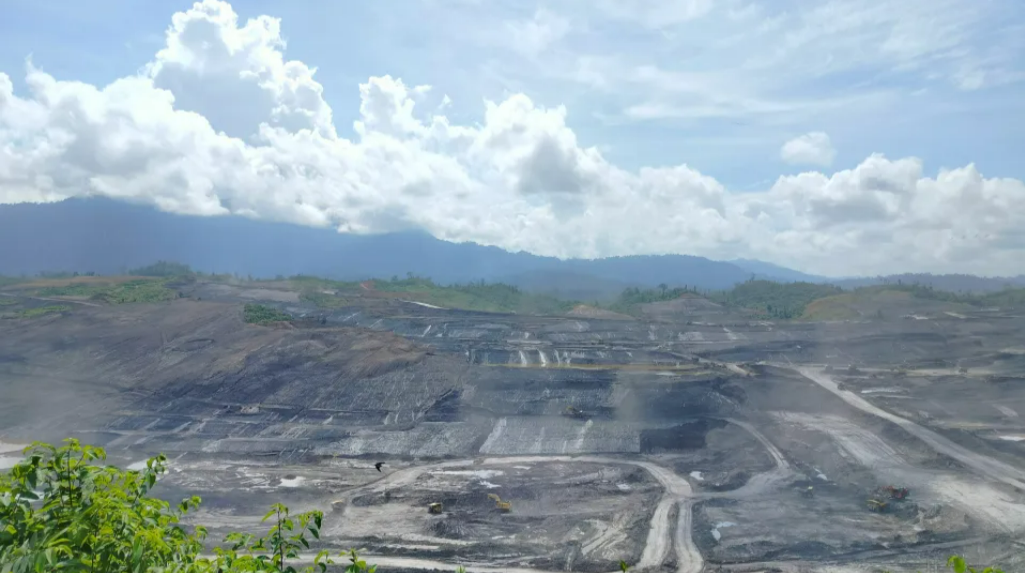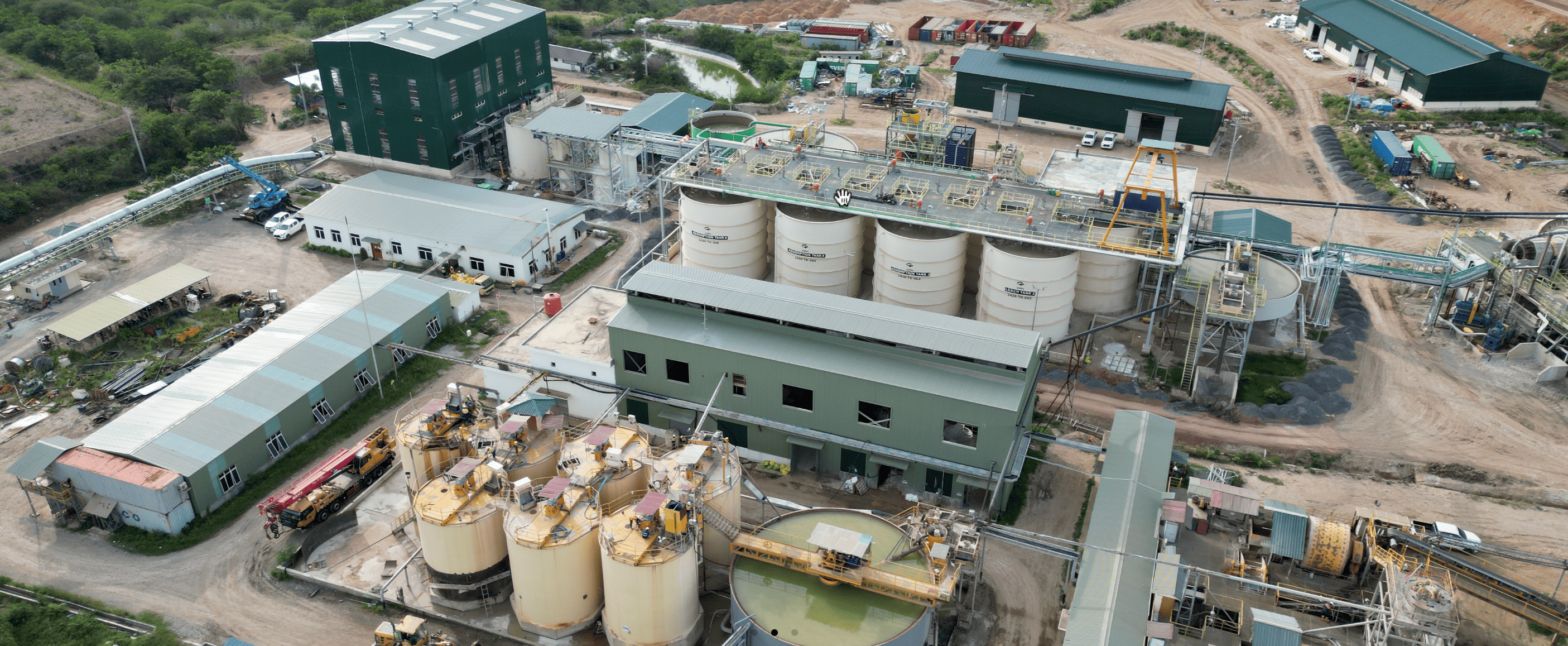Industry Players Confusion: Tin Exports Ban
Mon 24 Oct 2022, 08:00 AM
Share
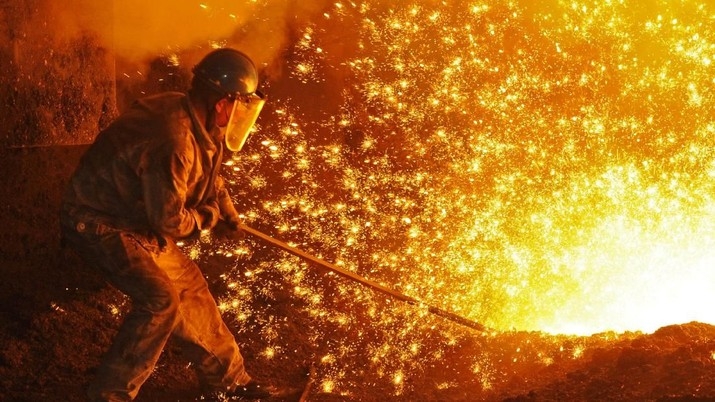
Tin entrepreneurs or miners and tin exporters were shocked and confused over the government's plan to impose a ban on tin exports. The government will stop tin exports and ask to develop downstreaming by 2023.
Chairman of the Indonesian Tin Exporters Association (AETI), Jabin Sufianto said, that currently tin exports carried out by Indonesian entrepreneurs or miners have been purified through the process of processing and refining facilities (smelters).
The content or content of tin that has been exported reaches 99.99% or Tin Ingot Sn 99.99. "What I said is that we can already produce up to 99.99%. So we are confused, it is said that there are still downstream products in terms of ESDM, because it means that it can still be optimized, is there any added value, right? What does he mean to pursue? 0.01?" said Jabin to CNBC Indonesia in the Mining Zone, Quoted on Thursday (13/10/2022).
Jabin stated that so far the exports carried out have been in the process of integrated smelters. Therefore, when there is a plan to ban tin exports with downstreaming, it questions what the downstreaming in question looks like.
"We are confused, frankly, we are miners we are an integrated smelter. So we mine we have a smelter melted and it has been refinancing so how many sets, so our product is 99.99% which is also world standard and others," said Jabin.
On the plan to ban exports, Jabin stated that the government has not involved business actors and academics who fully understand the world of estimation.
So he assessed that the ban on exports and downstream development in the country would be very ineffective if there was no road map. "This will be banned from exports only. Instead of what, this ban on tin exports is always in line with bauxite. There are always raw words," Jabin said.
The Minister of Investment or Head of the Investment Coordinating Board (BKPM), Bahlil Lahadalia said that in 2023, the government will ban tin exports abroad.
"If tin is likely next year, we will no longer do raw exports because we will do downstreaming," explained Bahlil when met, Tuesday (11/10/2022).
The reason for stopping tin exports, said Bahlil, is because Indonesia is the 2nd largest tin producer in the world after China. Well, to develop the value of tin exports, it is necessary to carry out downstreaming for this tin sector.
"Because earlier, the President has conveyed that downstreaming is the key word for national economic resilience. We are behind the uncertainty of the global economy," Bahlil said.
Previously, said Bahlil, although Indonesia became the country with the 2nd largest tin producer in the world, Indonesia was considered unable to play its role in determining the price of tin in the world.
This happened because so far, tin exports carried out by Indonesia are only raw goods. Therefore, in order to be strong and can be a determinant of tin prices in the world, Indonesia will carry out downstreaming in the tin sector.
"More ironically, the price of tin is controlled by the state not producing tin, this is funny, it's magical, it's bin Abu Nawas' theory, which we don't tolerate going forward and we have to start (downstreaming)," Bahlil explained.
Bahlil described that, today the world's first largest producer of tin is China. Where, China has downstreamed 50% to 70% in its country. Meanwhile, in Indonesia, downstreaming has only reached 5%.
Image source: REUTERS/Stringer
Source: https://www.cnbcindonesia.com/news/20221013110806-4-379385/ekspor-timah-mau-disetop-ini-yang-bikin-pengusaha-bingung




